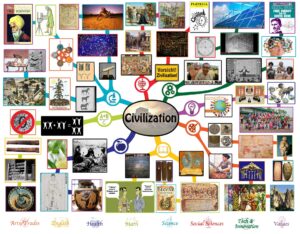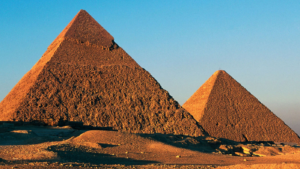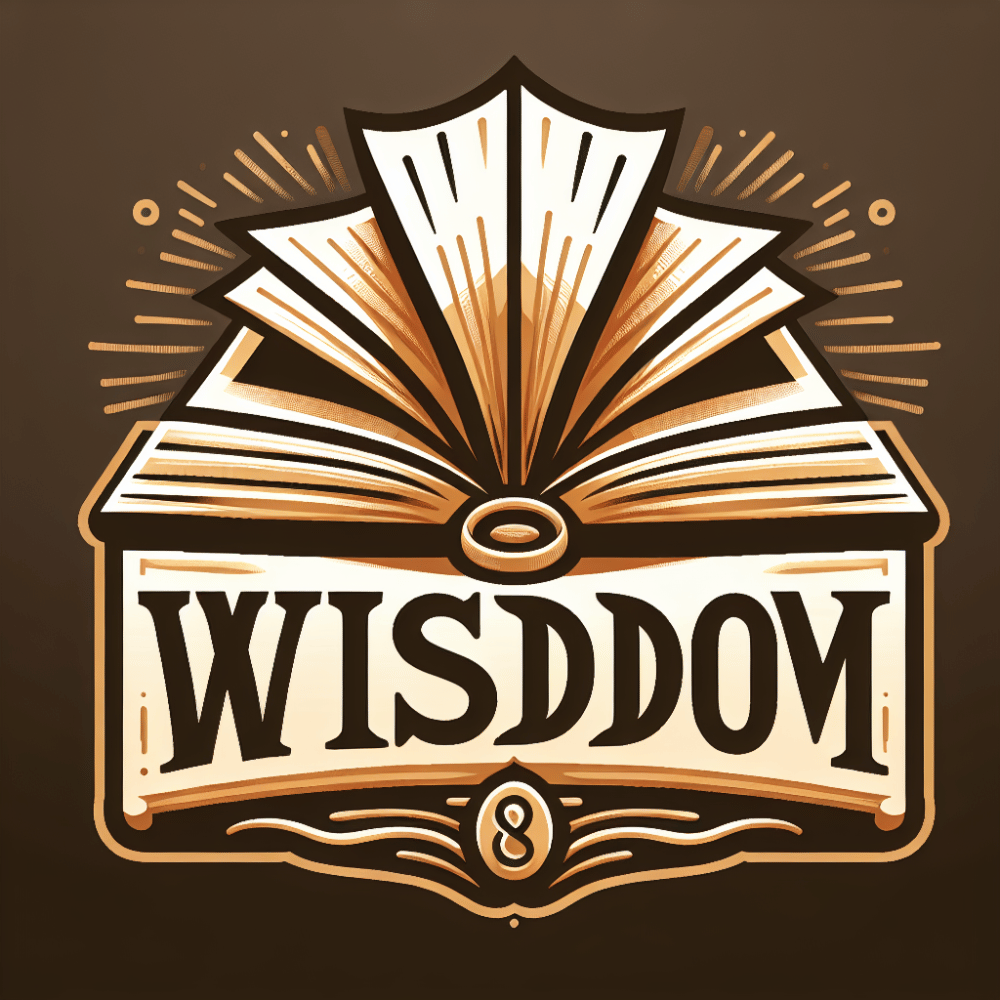
Ancient civilizations have left a profound legacy of cultural wisdom that continues to resonate in modern times. This article explores the enduring lessons and insights gleaned from the practices, philosophies, and achievements of civilizations across history, offering timeless guidance that remains relevant today.
The Wisdom of Ancient Civilizations
- Egyptian Civilization: Ancient Egypt, known for its monumental architecture and belief in the afterlife, teaches us about the importance of cultural preservation and the enduring power of symbolism, exemplified by the pyramids and hieroglyphs.
- Greek Civilization: The ancient Greeks laid the foundation for Western philosophy, democracy, and artistic expression. Their emphasis on reason, ethics (ethos), and civic engagement continues to influence political discourse and intellectual thought.
- Roman Civilization: Rome’s contributions to law, engineering, and governance illustrate the principles of justice, infrastructure development, and administrative efficiency, shaping modern legal systems and urban planning.
Philosophical Insights and Spiritual Traditions
- Chinese Philosophy: From Confucianism’s emphasis on social harmony and ethical conduct to Taoism’s reverence for nature and the balance of yin and yang, Chinese philosophy offers timeless guidance on personal ethics and societal values.
- Indian Spiritual Traditions: India’s ancient texts, such as the Vedas and Upanishads, introduce concepts of karma, dharma, and meditation practices that promote spiritual growth, mindfulness, and interconnectedness with the universe.
Architectural Marvels and Engineering Feats
- Mayan Civilization: The Mayans’ astronomical knowledge, reflected in their precise calendars and pyramid structures like Chichen Itza, highlights their advanced understanding of mathematics and celestial cycles.
- Inca Civilization: Machu Picchu, the iconic citadel of the Incas, showcases their sophisticated architectural techniques and mastery of terraced farming, demonstrating sustainable practices in harmony with the environment.
Artistic Expression and Cultural Heritage
- Renaissance Art: The Renaissance in Europe revived classical ideals from ancient Greece and Rome, fostering innovations in art, literature, and science that celebrated human creativity, perspective, and the pursuit of knowledge.
- Indigenous Cultures: Indigenous traditions worldwide, from Native American tribes to Aboriginal Australians, preserve ecological wisdom, storytelling traditions, and sustainable lifestyles that resonate with contemporary environmental values.
Lessons for Modern Society
- Environmental Stewardship: Ancient civilizations practiced sustainable agriculture, water management, and land conservation. Their respect for natural resources provides insights into addressing modern environmental challenges and promoting ecological balance.
- Cultural Diversity and Harmony: The cultural exchanges and interactions among ancient civilizations underscore the value of tolerance, diversity, and mutual respect. Embracing cultural heritage promotes global understanding and unity amidst diversity.
Applying Cultural Wisdom Today
- Education and Awareness: Integrating lessons from ancient civilizations into education fosters critical thinking, empathy, and cultural appreciation among future generations, promoting a more inclusive and interconnected world.
- Innovation and Adaptation: Drawing inspiration from historical achievements encourages innovation in technology, governance, and sustainable development. Balancing tradition with progress enables societies to navigate complex global challenges effectively.
Conclusion
In conclusion, the cultural wisdom of ancient civilizations transcends time, offering invaluable insights into ethics, governance, spirituality, and sustainable practices that remain relevant in contemporary society. By studying their achievements and embracing their values, we enrich our understanding of human heritage and cultivate a shared vision for a more harmonious and sustainable future.

